Dealing with Lawyers 101
With over 37,000 Japanese lawyers, and 400+ registered foreign lawyers (“Gaiben”) like me in Japan, it can be difficult to know how to find a lawyer for your needs, let alone trying to find out what lawyers charge and how interact with lawyers. So here’s a few steps to help you.
First up, if you ever need advice on Japanese law the Japan Federation of Bar Associations offer legal counselling for foreigners with details in English on their website. This is not free but is reasonably priced and they can introduce you to a lawyer who can help for your particular issue: https://www.nichibenren.or.jp/en/legalinfo/counceling.html
From my perspective, the best kind of healthy lawyer-client relationship is one where you start off on the right foot with clarity and where you participate actively in the work engagement process. I’ve worked with many clients for whom it is their first experience to hire a lawyer. Here’s what I have learnt from client relationships in Japan that help make the initial stages of working together go more smoothly:
1. Expertise: Not all lawyers advise in all areas of the law. Japanese lawyers (bengoshi) qualify as general practitioners but do have areas of law that are their specialty, such as employment law or family law. My areas of expertise are corporate & commercial law and compliance & regulatory. Check what areas your lawyer advises in and if they can recommend any other law specialist for work outside their scope.
2. Legal Fees: This is a really important question. There is no standard fee for a lawyer. Most lawyers charge an hourly rate, usually exclusive of consumption tax. Some lawyers in Japan, mainly smaller law practices, openly advertise their hourly rate but others do not. Lawyers should be open and tell you their hourly charges at the first opportunity. You as the buyer of legal services need to be confident and proactively ask a lawyer about their fees. If you request an estimate for the work, lawyers generally provide this. Some work can be at a “fixed” or “capped” fee but lawyers are less inclined to do work at a fixed fee as inevitably unexpected issues can arise.
3. Free first consultation? Some lawyers do offer the first 30 minutes complimentary. If you meet for an hour with the first 30 minutes free, you can expect to be charged for 30 minutes advice, unless there is another agreement. During the first meeting you should clarify the ongoing fee charges and what work the lawyer will do for you. Confirm also if there is anything you can do reduce the fee or make the process easier. For example, some people prepare draft letters they intend to send their business counterparts, or work rules for their employees, and then ask the lawyer to review their draft, instead of the lawyer drafting from scratch. Lawyers are usually open to providing such limited help reviewing documents or researching a particular issue, for example. All lawyers should provide you with a letter of engagement and standard terms and conditions so read these and ask questions if anything is unclear. Note especially the standard payment terms. These can range from 14 days, to the end of the month following invoice. Lawyers will need to confirm your identity under new rules in Japan so be prepared to submit a photo ID and/or a copy of the company registration.
4. Communication: Keep in touch. Your lawyer is responsible for keeping you up to date with progress on your matter. If you don’t hear from your lawyer, usually there is a valid reason but never resist asking your lawyer for an update. This should be forthcoming immediately.
5. Invoice: It is generally good practice to ask for a draft invoice. As a matter of practice I generally issue draft bills for clients. Not all lawyers do but to avoid any surprises, , ask for a draft invoice to review as your matter is drawing to an end. You should receive a copy of the lawyer’s time sheet where the fee is hourly charge.
For any questions on dealing with lawyers please feel open to contacting me on catherine@catherineoconnelllaw.com
***The photo used for this blog, is the “bengoshi badge” (kishō). The 16-gold petals represent the sunflower (himawari) - not the chrysanthemum – a symbol of freedom and justice (jiyuu to seigi) and a sunflower is used in order to show a lawyer’s independence from the imperial family. The scales naturally represent “fairness and equality” (kōhei to byōdō.) Each badge has a unique lawyer registration number that is engraved on the back. and they are quite heavy! One day you might see me wearing it and can have a look up close for yourself.

